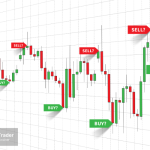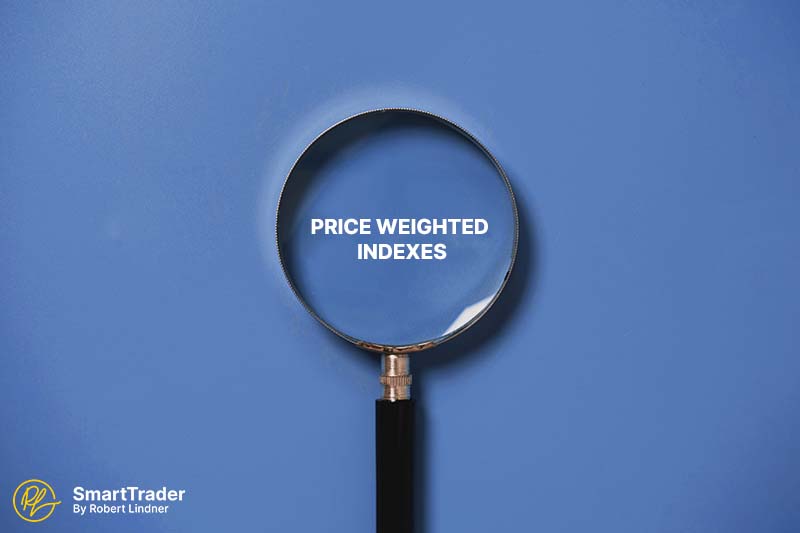[praɪs ˈweɪ.tɪd ˈɪn.deks]
A price-weighted index is a type of stock market index in which the components are weighted according to their share price.
What is Price Weighted Index (PWI)?
A price-weighted index is a stock market index that assigns weightings to its components based on their share prices. This means that stocks with higher share prices will have a greater influence on the index value than those with lower share prices
The calculation of a price-weighted index involves adding up the share prices of all the stocks in the index and dividing by a divisor. The divisor is a fixed number that is used to maintain continuity in the index's value over time. The divisor is adjusted whenever there is a stock split, stock dividend, or other corporate action that affects the share price of one or more of the index components.
One limitation of price-weighted indices is that they are biased towards stocks with high share prices, regardless of the size or importance of the underlying companies.
Key Takeaways
- Price-weighted indices are calculated based on the share price of each component stock, rather than their market capitalization or other factors.
- In a price-weighted index, stocks with higher share prices have a greater influence on the index's value than those with lower share prices.
- Price-weighted indices can be more volatile than other types of indices, as a single stock with a high share price can have a significant impact on the index's value.
- Price-weighted indices are not necessarily a reflection of the overall market, as they can be biased towards large companies with high share prices, regardless of their actual size or importance.
Example
The most well-known example of a PWI is the Dow Jones Industrial Average (DJIA). The DJIA is a PWI that tracks the performance of 30 large, publicly traded companies in the United States across a range of industries, such as technology, healthcare, and finance.
Some of the companies included in the DJIA are Apple Inc., Boeing Co., Coca-Cola Co., Goldman Sachs Group Inc., and Walmart Inc.
Back to Glossary.






